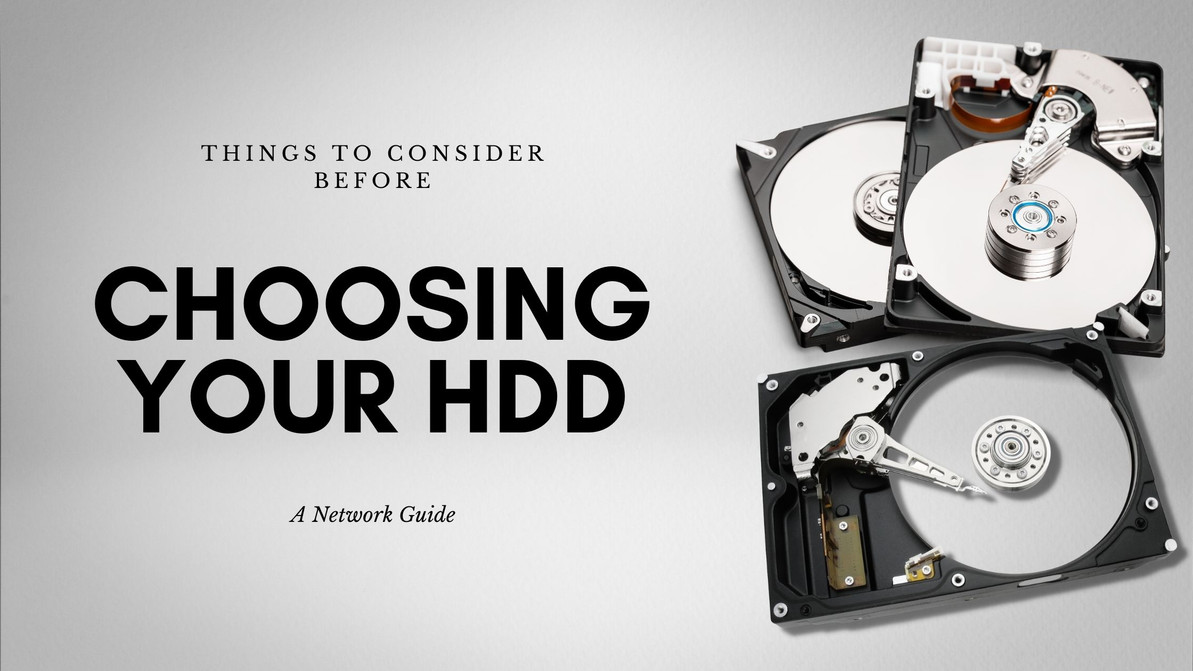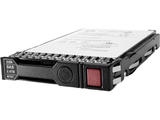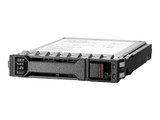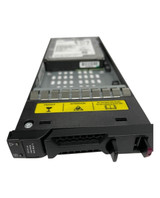Network Guide: Things to Consider Before Choosing Your HDD
In terms of performance, an SSD would outperform an HDD by a huge margin. Traditional HDDs have a data throughput of up to 200 megabytes per second, of course, depending on what model it is and how fast it spins. This speed doesn't even come close to the amount of speed an SSD can read and write data. The fastest modern drive can read up to 3.5 gigabytes of data per second and write at up to 2.1 gigabytes per second. It's like having Usain Bolt run against someone that just started running.
So, where does the HDD outshine an SSD? It's relatively cheaper and it has a higher storage capacity.
Enterprise Hard Drives
Enterprise hard drives were designed to be used by devices that operate 24/7. These hard drives were specifically engineered for server computers. Unlike the consumer grade hard drives, enterprise hard drives would have a higher RPM, faster read and write ratings, and a longer warranty. Since these hard drives were tailored for people that are running a server, it has features specifically for RAID configurations. So, if you’re running a server, you should definitely pick up an enterprise hard drive.
What’s the Right HDD for your Servers?
Be sure to always keep in mind as well that a server computer will be operating nonstop, always driving data. There are a few things to consider when choosing an HDD for your device. We’re talking about quality of performance, response time, reliability, device, and of course cost-effectiveness. We’re especially looking at multiple devices in a single server reading and writing data everyday non-stop. So it shouldn’t be taken lightly when choosing the right hardware for your devices.
Evolution of technology and innovating hardware has given us plenty options that cater to the different needs of modern servers. Each kind of hard drive has its pros and cons. They are all built to cater to different needs but since we’re talking about servers for an enterprise, we’ve narrowed it down to two options:
SATA (Serial ATA)
SATA hard drives operate on rotary drives and a moving needle. This is one of the most reliable hard drives as it provides you with bulk storage where you can keep string data. However, the cost of that bulk storage is response time. These kinds of hard drives aren’t ideal if your work depends on faster loading times. But SATA HDDs are definitely still reliable in terms of storage space if work requires plenty of data storage.In terms of price, SATA is more available and less expensive considering the amount of storage you’re getting.
SAS (Serial Attached SCSI)
SAS hard drives give you a faster response time compared to SATA and SSD. Its maximum speed is 15 000 RPM. Although, compared to SATA, their storage capacity can only range from 300GB to 900GB. This type of hard drive is reliable for work that relies on loading time for greater efficiency. So if your servers require multitasking and constant data input and output, this would be the ideal hard drive for your servers. Cost-wise, SAS will definitely be more expensive, while it doesn’t have the same storage capacity as SATA, it does work faster and more efficiently.
Recent Posts
-
A High Performance Enterprise Storage Solution for ProLiant Gen9 & 10 Servers
Introduction The HPE 2.4TB 10000RPM 2.5-inch SFF 512e Digitally Signed Firmware SAS-12Gbps Smart Car …Mar 16th 2025 -
Power Up Your Server with the HPE 2.4TB 10K RPM SAS Mission Critical HDD for ProLiant Gen10 Plus
Introduction The HPE 2.4TB 10000RPM 2.5-inch SFF SAS-12Gbps Basic Carrier Mission Critical Multi-Ven …Mar 15th 2025 -
Powering Enterprise Storage: The HPE 2.4TB 10K RPM SAS Hard Drive for High-Performance MSA SAN Solutions
Introduction In modern data centers and enterprise storage environments, high-performance and reliab …Mar 14th 2025




